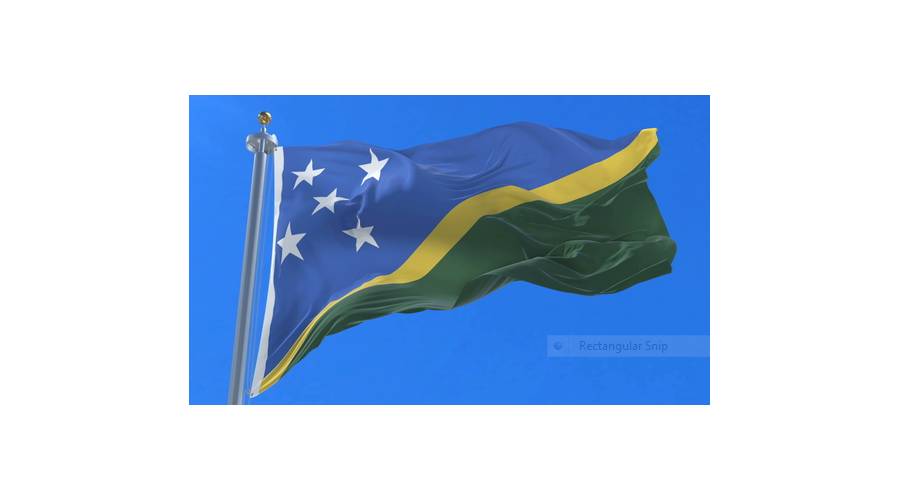Death is the ultimate end to our earthly life and especially when it comes unexpectedly it becomes a life-changing experience bringing much sorrow and untold challenges to family members, friends and colleagues, but especially close family
Such was my sad experience last Monday morning when my 49 years only old son died of a sudden heart attack leaving behind a wife and two teenage children still of school age.
His death has been attributed to hypertension brought on by the stress he incurred in his work leading to cardiac arrest (heart failure).
My son’s untimely death will focus my mind from this time on highlighting preventative health measures in the Solomon Islands where prevention is at the core of reducing many, if not all, illnesses and diseases prevalent in the country.
I am not a doctor but want to assist the MHMS/NRH with providing published health information and advice which I feel might be lacking as advances and new research, aided by advancing technology can often me missed with a still lacking fully functioning internet service and the equipment that is linked to technological advances on a world scale.
Essentially, too, I want to try and contribute to health care advances to prevent mortality and the sorrow that death brings.
Hypertension in the Solomon Islands
Hypertension, also known as high or raised blood pressure, contributes to the burden of heart disease, stroke and kidney failure and premature mortality and disability in the Solomon Islands. It disproportionately affects the people having low- and middle-income where health systems are weak.
Hypertension rarely causes symptoms in the early stages and many people go undiagnosed. Those who are diagnosed may not have access to treatment and may not be able to successfully control their illness over the long term.
There are significant health and economic gains attached to early detection, adequate treatment and good control of hypertension. Addressing behavioural risk factors, such as unhealthy diet, harmful use of alcohol, physical inactivity and tobacco use, can prevent hypertension. If no action is taken to reduce exposure to these factors, cardiovascular disease incidence, including hypertension, will increase.
There are strategies that could help doctors, patients and families prevent sudden cardiac death, but not all are not yet available at home with the promise of a new health centre to be funded and built by a diplomatic partner, it is my hope much more preventative health care measures and life-saving interventions will be possible.
The findings are from the American College of Cardiology and the American Heart Association
More than 350,000 Americans each year have an out-of-hospital cardiac arrest, where the heart stops beating, and only 12 percent survive, according to the AHA.
Experts say that many of those deaths could be prevented if doctors and others implemented 10 evidence-based recommendations:
- Smoking cessation intervention
- Screening for family history of sudden cardiac death
- Screening those with a strong family history of cardiomyopathy and sudden cardiac death for asymptomatic left ventricular dysfunction, a type of heart failure that makes breathing difficult
- Referring family members of patients who are hospitalized with known heart conditions that increase the risk of sudden cardiac arrest for education about CPR and automated external defibrillator use.
Source - American College of Cardiology and the American Heart Association .
Yours sincerely
Frank Short



